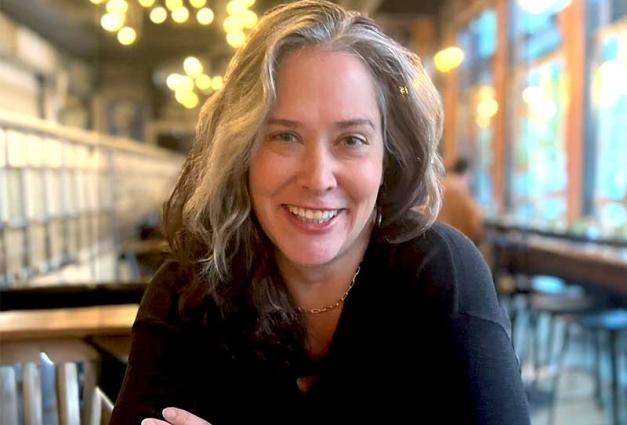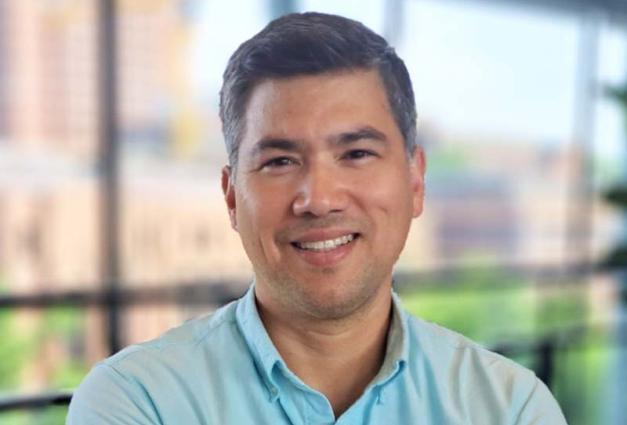Dr. Garcia is an Associate Professor in the Psychology and Child Development Department at California State University, San Luis Obispo. She teaches Social Psychology, Psychology of Gender, and the Social Psychology of Prejudice. Her research explores managing multiple social identities, multiracial identity, and underrepresentation in STEM. Her research has been funded by the Russell Sage Foundation and the National Science Foundation. She earned her Ph.D. in Social Psychology from the University of Michigan in 2005 and has been a member of SPSP since 1999. She also completed a postdoctoral fellowship at Stanford University in 2007. She is currently serving as a member of the Editorial Board for Cultural Diversity and Ethnic Minority Psychology and a member of SPSP’s Diversity and Climate Committee.
Why did you join SPSP?
I wanted to stay current with research developments in the field and connect with scholars that have similar research interests.
What led you to choose a career in social psychology?
I am deeply concerned with social issues that ail our society—namely issues related to prejudice and intergroup relationships. I thought that the skills and knowledge provided by social psychology would best allow me to conduct research that can get to the heart of negative intergroup dynamics and suggest ways to improve them.
Briefly summarize your current research, and any future research interests you plan to pursue.
Meanings tied to social identities—part of one’s self concept derived from group memberships—are contextually bound. At any given moment a social identity may be valued, devalued, or carry little meaning, depending on information one imbues from one’s immediate social context. My research focuses on the situational cues that inform social identity meanings, and how people cope when these cues suggest possible devaluation. Specifically, my research examines the following questions:
- Can self-motivations affect if and when intergroup interactions will lead to positive or negative dynamics?
- What contextual cues affect feelings of belonging and desire to stay in science, technology, engineering and math (STEM) majors, particularly for underrepresented populations?
- And, how do people negotiate their multiple identities in ways that promote psychological well-being?
I have explored these questions using experience sampling, longitudinal, and experimental designs. As a whole, my research aims to improve the lives of others by finding solutions that could improve intergroup dynamics, enhance representation in STEM, and foster adaptive negotiation between one’s multiple social identities.
What is your most memorable SPSP Annual Convention experience?
The first time I gave a symposium talk was quite memorable for me. I was a bit intimidated by the audience size, but was excited by the collaborations that stemmed from the exposure that it provided.
How has being a member of SPSP helped to advance your career?
It has enabled me to stay current in the field, and through attending conferences, it has provided me with opportunities to form and maintain fruitful collaborations. Plus, attending conferences has allowed me to stay in contact with friends and mentors in the field. They have always provided me with support throughout my academic career.
Do you have any advice for individuals who wish to pursue a career in SOCIAL psychology?
Don’t be afraid to let your personal experiences inform your research questions and interests. Don’t be afraid of failure. Everyone experiences rejection in their career, but being successful means being able to persist when one experiences setbacks.
Outside of psychology, how do you spend your free time?
I love enjoying all the perks of living in San Luis Obispo---wine tasting, hiking, and the beach with my two favorite people—my wife and daughter. Well, let me be specific, all three things with my wife, but just the last two with my two-year old daughter (don’t call CPS on me people!).




